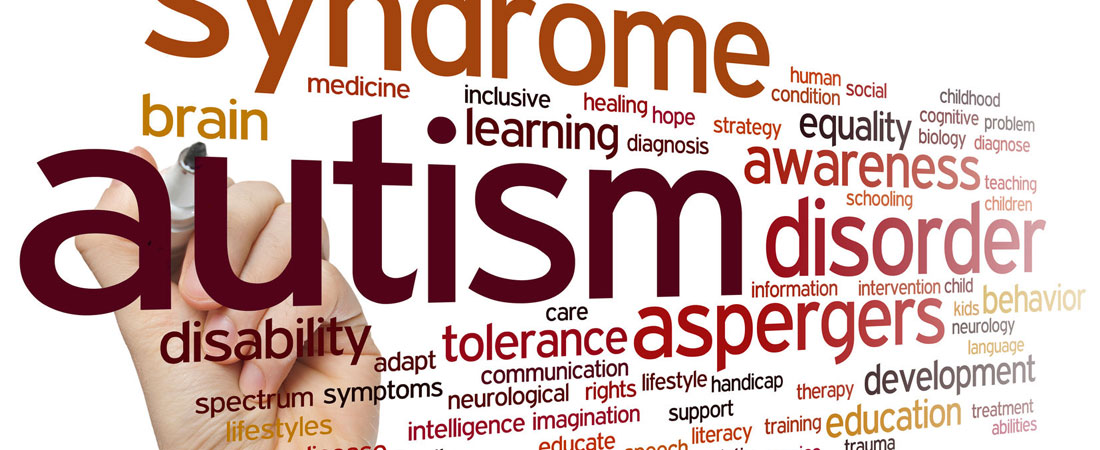What is Autism?
Autism is a general name for several types of problems. All of these problems relate to the development of a child’s brain. People also call autism “Autism Spectrum Disorder” or “ASD.” Before the year 2013, scientists defined people with autism by putting them in separate groups. The groups included people with:
- Asperger Syndrome
- Autistic Disorder
- Childhood Disintegrative Disorder
- Pervasive Developmental Disorder (PDD), and
- Pervasive Developmental Disorder-Not Otherwise Specified (PDD-NOS)
Now, doctors and other scientists use the term “autism spectrum disorder” to describe anyone who has any type of autism. They may also refer to children or adults with autism as being “on the autism spectrum.”
In the United States, doctors diagnose 1 out of every 68 children as having autism spectrum disorder (ASD). Boys are at least 5 times more likely than girls to be on the autism spectrum.
There are many types of autism. Every person on the autism spectrum has different symptoms and difficulties. Many autistic people do quite well in school and can go on to hold satisfying jobs. Others suffer far more serious effects.
Despite these differences, all persons with autism:
- have trouble talking or communicating with other people
- are interested in fewer things than non-autistic people, and
- like to do certain things over and over again (repeat behaviors)
Teens and adults as well as children suffer from autism. Even though there is no cure for autism, autistic people can obtain help with different kinds of therapy and treatment. The sooner you learn your child has autism, the more you can do to help your child.
What Causes Autism?
Scientists are still learning about the causes of autism. They now believe that abnormal brain structure may cause a child to be autistic. They also think that people may inherit autism.
Scientists think that factors in the environment and other conditions during a woman’s pregnancy might help to cause autism in her child. When combined with a tendency to inherit autism, these factors may slightly increase a child’s autism risk:
- exposure to high levels of pesticides or air pollution
- a parent or parents of advanced age when the mother becomes pregnant
- a woman who is sick during her pregnancy
- a baby who is born very prematurely
- a baby with very low birth weight
- problems during childbirth that cut off oxygen to the baby’s brain

